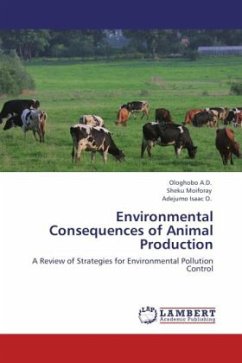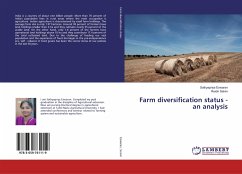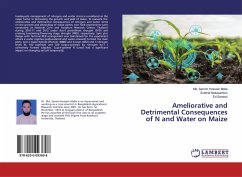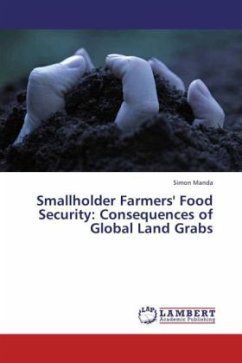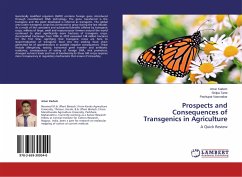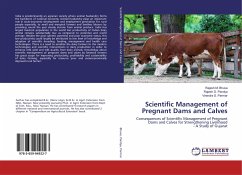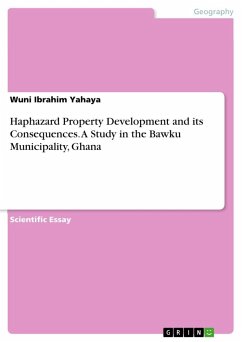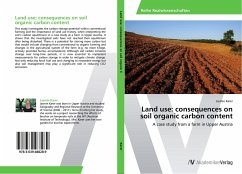Sustainable animal production implies a careful balance between the animal s genetic potential and the quality and quantity of nutrients consumed. For this purpose, an adequate supply of amino acids and a well balanced ratio between protein and energy are important dietary requirements. To maximize nitrogen utilization for meat, milk, eggs and wool production, absorbed amino acids are usually supplied in excess of what the animal can effectively utilize. This is not a serious problem to the animal because excess amino acids will be used as an energy source and the resulting nitrogen excreted as urine. That part of nitrogen which is not retained by the animal for growth and production is released into the surroundings in a potentially destructive form. Nitrogen is one of the most serious contaminants of the environment originating from animal production.
Bitte wählen Sie Ihr Anliegen aus.
Rechnungen
Retourenschein anfordern
Bestellstatus
Storno

